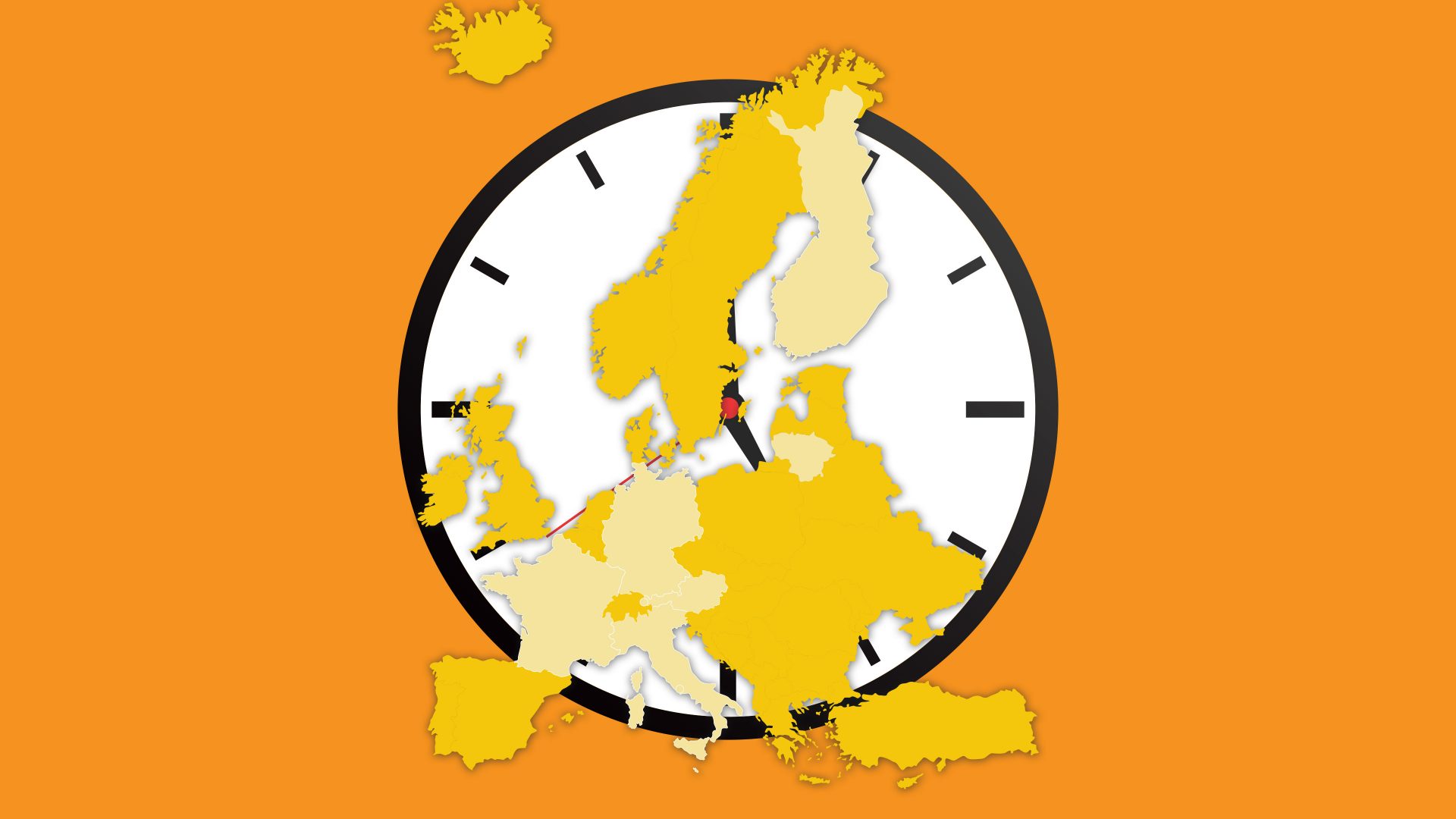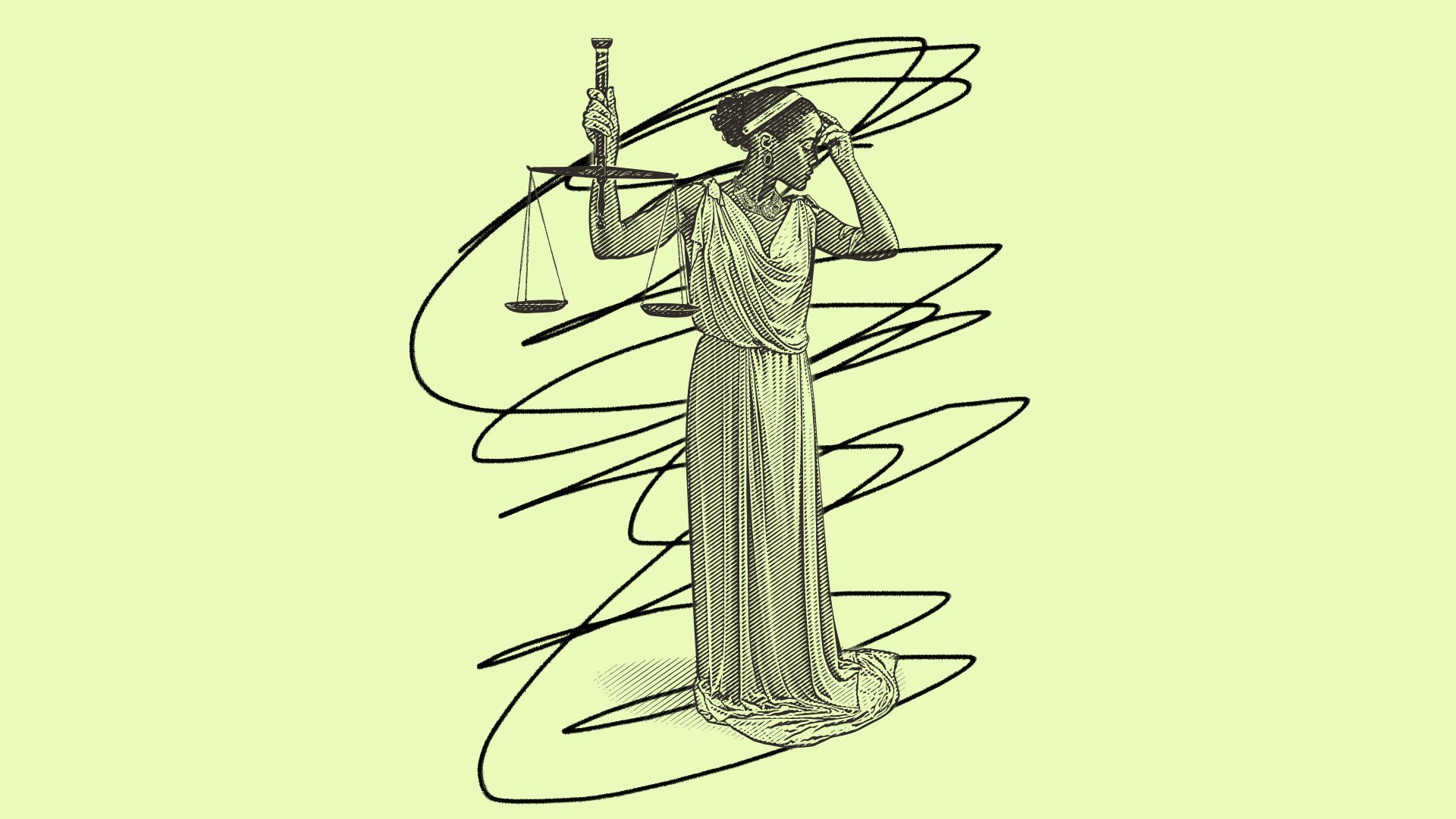GERMANY
Joseph Goebbels is technically Germany’s shortest-serving leader, succeeding Hitler following his suicide on April 30, 1945, only to take his own life, alongside his wife, Magda, the following day. In the chaos of the Weimar Republic, brief reigns were the norm, with 13 chancellors in 14 years – Heinrich Brüning’s two years, 61 days was a relative aeon. In the modern federal republic, terms have proved longer. Kurt Georg Kiesinger’s stint in the late 1960s, at just under three years, was the shortest.
FRANCE
The shortest serving monarch of all time is said to have been Louis XIX of France, who ascended to the throne after his father’s abdication during the July Revolution of August 1830 only to abdicate 20 minutes later (much to the apparent chagrin of his wife). Many historians, however, argue his reign was too short to be valid. In the fifth republic, Alain Poher had two short spells as acting president, of 53 and 55 days respectively, following the resignation of Charles de Gaulle and the death of Georges Pompidou.
VATICAN CITY
In 1590 Pope Urban VII was, at 13 days, the shortest-serving Pope. In his brief time, though, he introduced the world’s first known public smoking ban, threatening to excommunicate anyone who “took tobacco in the porchway of or inside a church, whether it be by chewing it, smoking it with a pipe or sniffing it in powdered form through the nose”. He died of malaria.
FINLAND
Anneli Jäätteenmäki became the country’s first female prime minister when she led the Centre Party of Finland to a narrow election victory, but lasted only 69 days before being forced to resign over the so-called Iraq-gate scandal. Jäätteenmäki was accused of lying about how she had acquired confidential foreign ministry documents which she used for political purposes during the election campaign, but was acquitted by a court of breaching the Official Secrets Act the following year.
LITHUANIA
Stunt pilot Rolandas Paksas was elected president of Lithuania in January 2003 after a surprise win over the incumbent, Valdas Adamkus, in a runoff, but immediately hit trouble by using a decree to give citizenship to Yuri Borisov, Russian president of the aviation company Avia Baltika. Borisov had donated $400,000 to Paksas’s campaign. The decree was ruled to be unconstitutional, Paksas’s connections were investigated by the State Security Department of Lithuania and in April 2004 he was impeached and out of office. He still flies stunt planes.
AUSTRIA
The first Austrian chancellor of the modern era to be born into nobility, Alexander Schallenberg was sworn into office in October 2021 after his People’s Party predecessor, Sebastian Kurz, was caught up in a corruption investigation. He stepped down in December when Kurz announced he was leaving politics, saying that “both positions – head of government and leader of the Austrian party with the most votes – should soon once again be held by the same person”. In his 56- day stint, though, Austria did become the first European country to make Covid vaccines mandatory.
ITALY
The last king of Italy, Umberto II, ruled for 34 days, from May 9 1946 to June 12 1946. His father, King Victor Emmanuel III, had abdicated in the belief that the presence of his son would make it more likely that a referendum on abolishing the monarchy would fail. His gamble did not pay off – 54.27% of voters opted for a republic, and Umberto lived out the rest of his life in exile in Cascais, on the Portuguese Riviera.
LIECHTENSTEIN
Markus Büchel became prime minister of the tiny principality in May 1993 after his conservative Progressive Citizens’ Party won the general election, but just 100 days later lost the support of his party, who accused him of a failure to cooperate. Another election, the second of the year, was held in December and the liberal Patriotic Union triumphed. Büchel’s party was out of office for eight years, and Büchel himself died at just 54.



